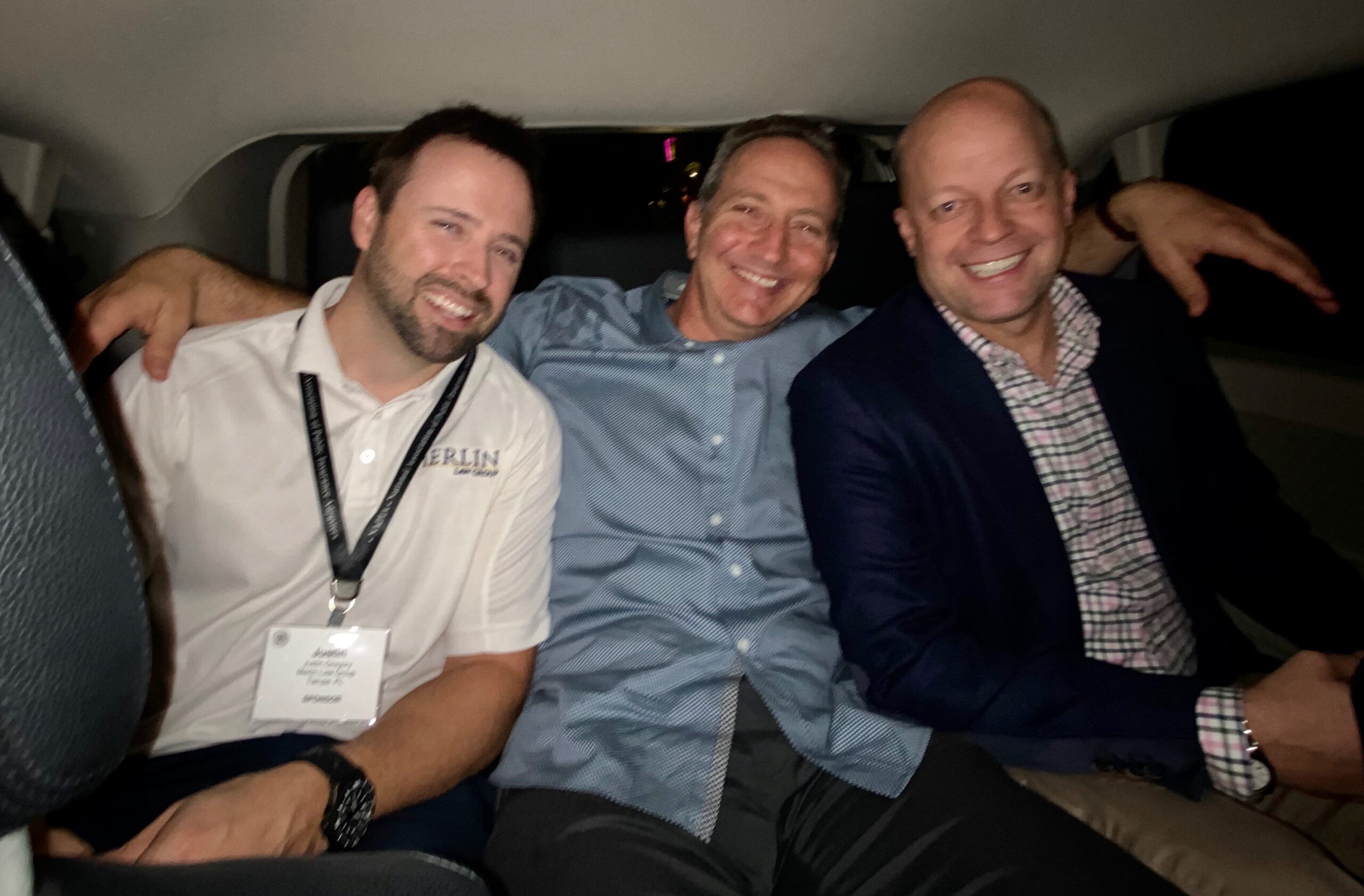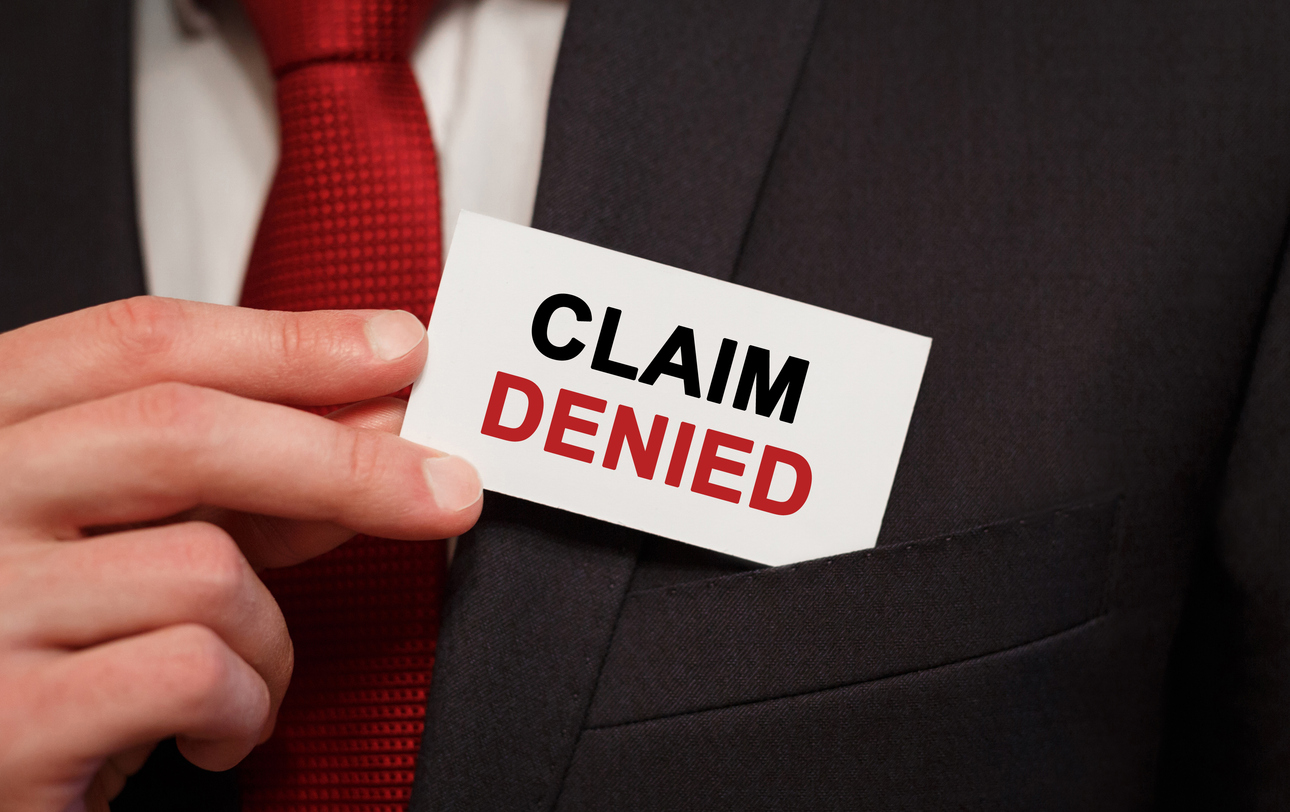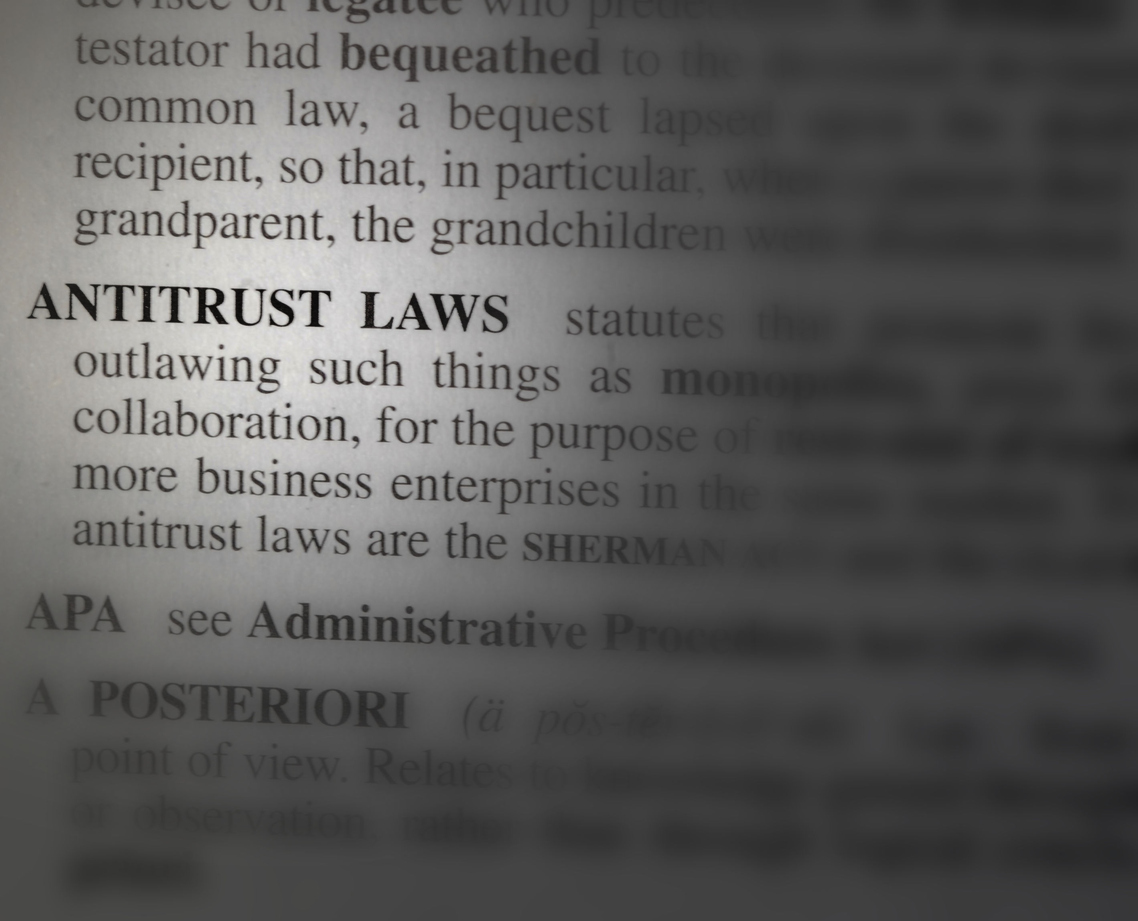California public adjuster Matt Blumkin was with me and other members of Merlin Law Group last night telling a story about how a California wildfire required his entire neighborhood to be evacuated and what needed to be done to clean the smoke and ash which penetrated the homes throughout his community. Ironically, Matt was in New York City negotiating with an insurer over a Malibu wildfire that destroyed a celebrity mansion when he got news from his wife about the emergency order to evacuate. Luckily, his home was not destroyed, but the smoke left residue outside and inside his residence.
Insurance companies owe for the cost to clean up wildfire smoke and ash. Unfortunately, as warned by Merlin Law Group attorney Ed Eshoo in his post, Where There Is Smoke, There Is… A Denial, not all smoke and ash claims get paid with ease:
[W]hile claim representatives I depose routinely agree that a fair and good claim handling practice requires looking for reasons to support coverage and not simply looking for reasons to deny coverage, most give lip service to this well-established claim handling practice. In this smoke damage claim, it would have been very easy for the claim representative to find coverage for the reasons explained above. Common sense dictates the same. After all, “where there is smoke, there is fire.
As Eshoo pointed out in his post, some insurance companies will argue that much of the smoke and ash cleanup is not from the wildfire but from other types of common household sources of combustion residue. These insurance companies will use vendors to inspect and test for the existence of the exact wildfire residue DNA and its proliferation thought the home.
Merlin Law Group attorney Derek Chaiken sent me a presentation from one of these vendors, Risknomics. In Defendable Standards to Validate Impact from Wildfires, Russ Nasoff explains to insurance companies that they are faced with a situation of greater wildfire claims and warns that many other causes of smoke, soot, and ash residue may be the blame for a property owner’s complaints of cleanup costs rather than the wildfire smoke. He asserts that every wildfire will generate certain characteristics that provide a sort of DNA marker to determine if what is found is really from the wildfire. Of course, the sooner after the wildfire happens, the easier it is to find these exact characteristics. This presentation should be studied by those helping policyholders with wildfire smoke claims to help anticipate what the insurance companies may pose as objections to coverage and paying for cleanup costs suffered by those such as Matt Blumkin.
We have been involved in a number of past wildfires where insurers were objecting to paying the cleanup costs. When reading Russ Nasoff’s 2014 blog post, Don’t Get Burned By The Next Wildfire Claim, you can understand why some insurers will try to object to cleanup costs:
To date there are no established standards or guidelines with respect to particle identification and/or wildfire impact which makes it problematic for all insurance companies supportive of paying verifiable and valid claims. Therefore, it is important that careful review is performed of any laboratory analysis data that is submitted and this data should clearly state whether or not wildfire impact has been detected based upon the presence of the clearly defined wildfire signature.
The mere recitation that a certain percentage of char, soot, and/or ash was present is NOT sufficient to substantiate a wildfire impact claim as clearly many airborne pollutants (other than wildfire) could be responsible for that result. Unfortunately, it appears that all too often insurance companies have relied upon utilizing the presence of char, soot, and/or ash as the insurable standard and this has resulted in both the underpayment and overpayment of claims.
All the insurer has to do is a poor investigation and get a lab result saying there are no verifiable signs of wildfire smoke damage. This is the exact same poor investigation problem cited by Ed Eshoo as the reason for so many smoke claim denials.
Thought For The Day
When you are kind to someone in trouble, you hope they’ll remember and be kind to someone else. And it’ll become like a wildfire.
—Whoopi Goldberg




